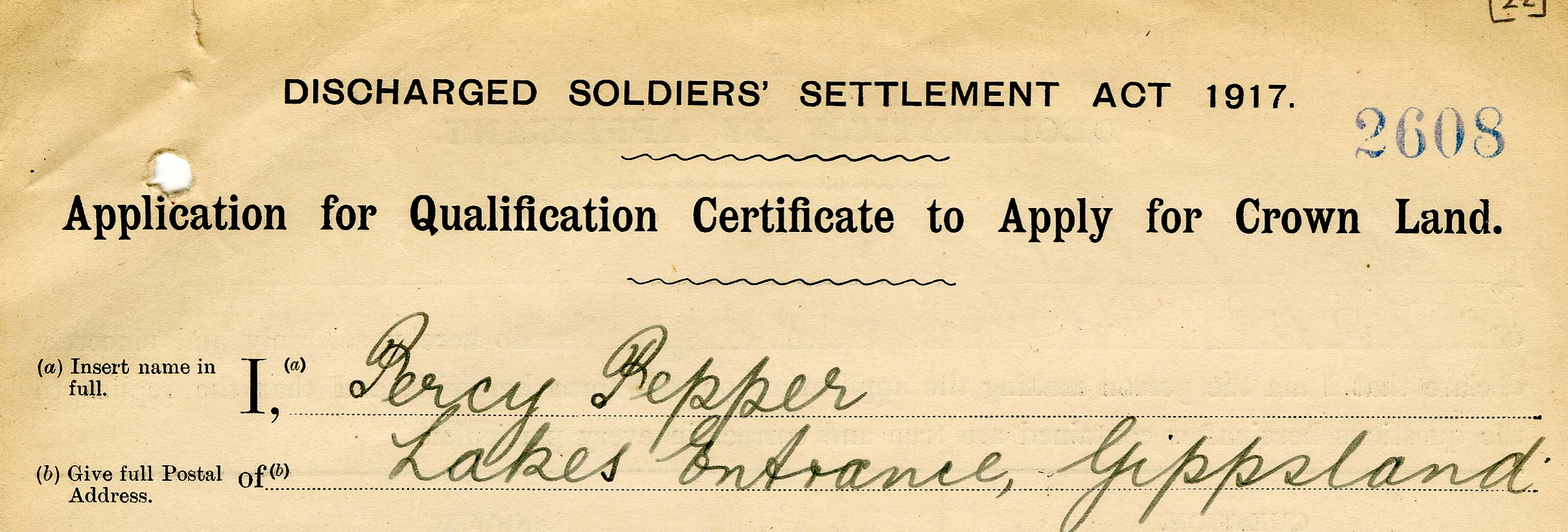Country kinship identity
Links between 'Country kinship identity' and the Victorian History Curriculum and the Civics and Citizenship curriculum are listed below.
Victorian History Curriculum Levels 7 and 8
Aboriginal and Torres Strait Islander peoples and cultures
- How physical or geographical features influenced the development of Aboriginal and Torres Strait Islander peoples' communities, foundational stories and lang management practices (VCHHK105)
- The significant beliefs, values and practices of Aboriginal and Torres Strait Islander peoples and cultures including trade with other communities, causes and effects of warfare, and death and funerary customs (VCHHK106)
- The nature of sources of evidence about ancient Australia and what they reveal about Australia's ancient past, such as the use of resources (VCHHK107)
- The importance of conserving the remains of the ancient past, including the heritage, culture and artefacts of Aboriginal and Torres Strait Islander peoples (VCHHK108)
Victorian History Curriculum Levels 9 and 10
Australia and Asia
Students investigate the history of either Australia and/or an Asian society in the period 1750-1918.
-
Key social, cultural, economic, and political features of one society at the start of the period (VCHHK133)
-
Intended and unintended causes and effects of contact and extension of settlement of European power(s), including Aboriginal and Torres Strait Islander peoples (VCHHK134)
-
Significant events and influencing ideas in the development of the society, including different perspectives of the events at the time and different historical interpretations and debates (VCHHK135)
-
Patterns of continuity and change and their effects on influencing movements of people, ways of life and living conditions, political and legal institutions, and cultural expression around the turn of the twentieth century (VCHHK136)
-
Different experiences and perspectives of non-Europeans and their perspectives on changes to society, significant events, ideas, beliefs and values (VCHHK137)
-
Position of the society in relation to other nations in the world by 1918 including the effects of ideas and movements of people (VCHHK138)
Rights and freedoms (1945 - the present)
- Significance of the Universal Declaration of Human Rights, including Australia's involvement in the development of the declaration (VCHHK151)
- Causes of the struggle of Aboriginal and Torres Strait Islander peoples for rights and freedoms before 1965 (VCHHK152)
- Effects of the US civil rights movement and its influence on Australia (VCHHK153)
- Significance of the following events in changing society: 1962 right to vote federally, 1967 Referendum, Reconciliation, Mabo decision, Bringing Them Home Report (the Stolen Generations), the Apology and the different perspectives of these events (VCHHK154)
- Effects of methods used by civil rights activists to achieve change for Aboriginal and Torres Strait Islander peoples, and the role of one individual or group in the struggle (VCHHK155)
- Continuity and change for Aboriginal and Torres Strait Islander peoples in securing and achieving civil rights and freedoms in Australia (VCHHK156)
Civics and Citizenship Levels 7 and 8
Laws and Citizens
- Compare how laws are made in Australia, including through parliaments (statutory law) and courts (common law), and explain different types of laws, including executive law (delegated law), criminal law, civil law and the place of Aboriginal and Torres Strait Islander customary law (VCCCL023)
Citizenship, Diversity and Identity
- Identify how values can promote cohesion within Australian society, including the values of freedom, respect, inclusion, civility, responsibility, compassion, equality and a 'fair go' (VCCCL025)
- Explain how groups express their identities, including religious and cultural identity, and how this expression can influence their perceptions of others and others' perception of them (VCCCL026)
- Examine how national identity can shape a sense of belonging and examine different perspectives about Australia's national identity, including Aboriginal and Torres Strait Islander peoples' perspectives (VCCCL027)
Civics and Citizenship Levels 9 and 10
Laws and Citizens
- Explain how Australia's international legal obligations shape Australian law and government policies, including in relation to Aboriginal and Torres Strait Islander peoples (VCCCL032)
